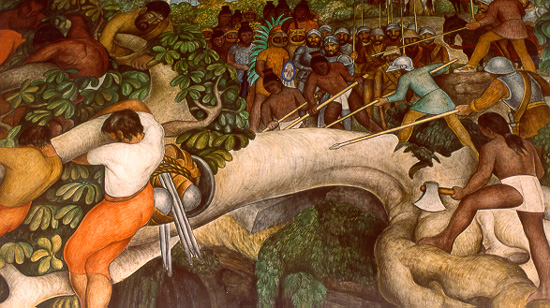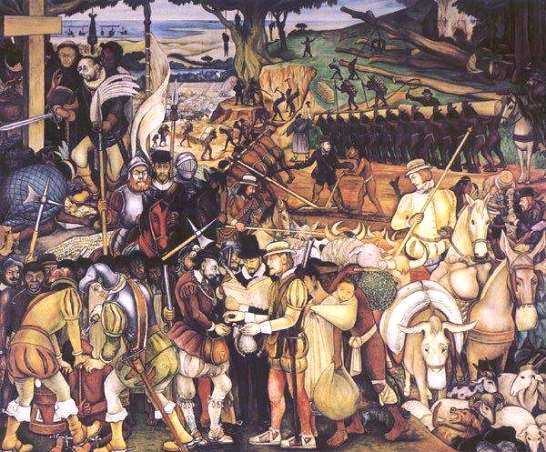
The great historians of the 19th Century established
the practice of history as a science, one which had to be founded on a
massive, exhaustive research into primary sources. The industry they
displayed in this pursuit, given the difficulties of travel and
communication in their time (not to mention the lack of photocopying
machines), is almost incredible.
But their devotion to documented facts did not divert
them from their duties as storytellers and moral guides. They felt
perfectly free to interpolate fanciful speculations into their texts,
often in the guise of exposing them as such, and to share their
personal opinions about any subject that came under their eyes —
revealing nationalistic, religious and racial prejudices which later
generations of historians would shudder to confess.
And they always kept in mind their duty to literature
as well, their obligation to write in learned but entertaining prose
that could be comprehended with ease, as well as with pleasure, by any
educated person.
The general result is that these 19th-Century
historians are a hoot to read — and none is more of a hoot than
William H. Prescott, of Boston, whose History Of the Conquest Of
Mexico, from 1843, while still accepted, with reservations, as a
pioneering work of history, is almost universally admired as a work of art.

The voice of the writer is confidential but assured,
as he mocks his less rigorous peers, pronounces moral judgments on
whole civilizations, damns the scoundrels and praises the heroes who
people his epic, and parades his learning with circumspect but
unmistakable pride. He allows himself to be known.
Modern historical practice finds this sort of personal
interjection deplorable, but it might be argued that it has its own
corrective built into it. A frank confession of prejudice on the part
of a historian makes it easier to form our own judgment of his or her
conclusions than a pretense of absolute objectivity which we know is
quite beyond human achievement.
Be that as it may, William Prescott is good company,
and his great history of Cortes and the subjugation of the Aztecs fires
the imagination in such a way as to impress the results of its vast
erudition on the mind indelibly. We can correct his bias by consulting
later, more “disinterested” historians of the events in question — but
they will never make us care about them the way Prescott does.
